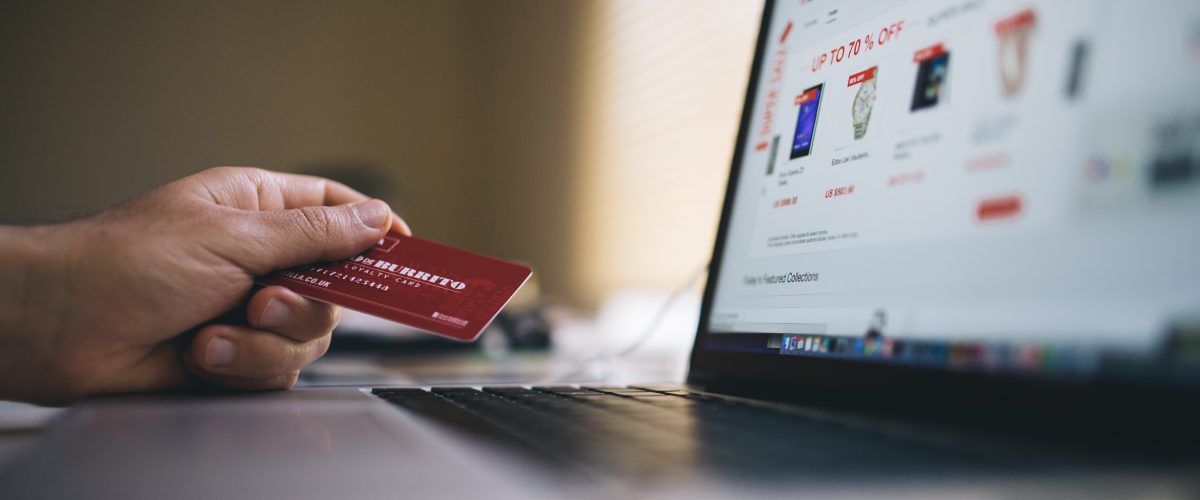Last December, I got to watch a ten-year-old have a meltdown. Like, a motherfuckin’ melt. down.
The ten-year-old’s mom was the target of her hysterical ire. Her crime: She, a single women with a highly-demanding job and two kids, had made the unforgivable mistake of ordering something off Amazon and not looking too closely at the vendor. (Truth: This mom was probably ordering off the app at a stoplight at 4 am on her way to work. Who has time to verify?!)
You already know what happened next — hysteria — but let me tell you that no amount of grown-up rationale can prepare you for a young person who’s suffered the sublime torture of being gifted a knock-off HydroFlask. I mean, what will the other fifth graders say?!
I kid, but there was literally nothing funny about this experience. Also, I was shocked — truly shocked — by how instantly the ten-year-old recognized the barely discernible difference in the real versus fake shades of aqua shellacked onto the bottle. (She had a picture of a legit bottle, which she compared to her humiliating fake bottle, and howled.)
Fast forward to today, and thank you sweet baby Jesus for the Shop Safe Act of 2020, which would require platforms to vet third-party sellers for counterfeit goods.
Per Engadget:
Amazon and other e-commerce platforms have a huge fake-goods problem, but courts previously decided that they weren’t liable for counterfeit products third-parties sold on their websites. A group of bipartisan lawmakers wants to change that. The group has introduced a bill called the Shop Safe Act of 2020, which would create trademark liability for companies selling counterfeits from China and other countries that pose a risk to consumer health and safety — counterfeit goods like drugs, medical equipment, baby formula, chargers, car seats and airbags.
I mean, a fake water bottle can make you sick… like, if there’s lead in the paint or the inside or something?
Engadget continued, stating that: “Based on the information published by members of the group, the bill would require online platforms to vet sellers to make sure they’re legit. The company will also have to remove counterfeit listings and their sellers, as well as be more proactive in preventing continued sale of counterfeits by third-party sellers.”
Though I make light of my cousin’s kid freaking out over a knock-off HydroFlask, there are real dangers that can come from counterfeit goods.
Engadget pointed out some obvious ones, but what also about health and beauty products? Or, supplements? They’re not technically drugs or medicine, but fake Vitamin C or fake glucosamine is not something you want. And yeah — baby food that’s not up to par with its packaging or stated ingredients is bad, but what also about pet food that’s been tampered with?!
And then there are all the “frivolous” items — things that actually aren’t frivolous at all. Counterfeit electronics or even luxury goods like bags or shoes could cause real damage to your business, be it via security risks or it being just plain unfortunate to be gifted something that’s supposedly great but is essentially useless.
The Shop Safe Act seems like a step towards making e-commerce platforms more engaged in what they are allowing to be tossed up on their sites, protecting consumers, especially now as more and more of us no longer leave the house to shop for anything at all.
Now, if only tube sites were similarly accountable.
—
Erika is a sex positive people watcher (and writer). Email her at erika@ynotcam.com.
Header image by Negative Space via Pexels.







